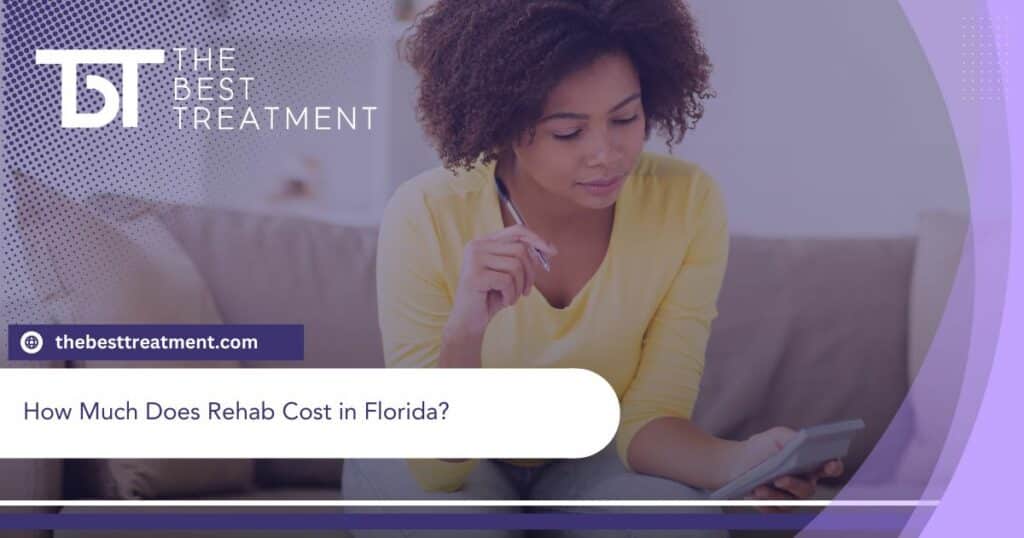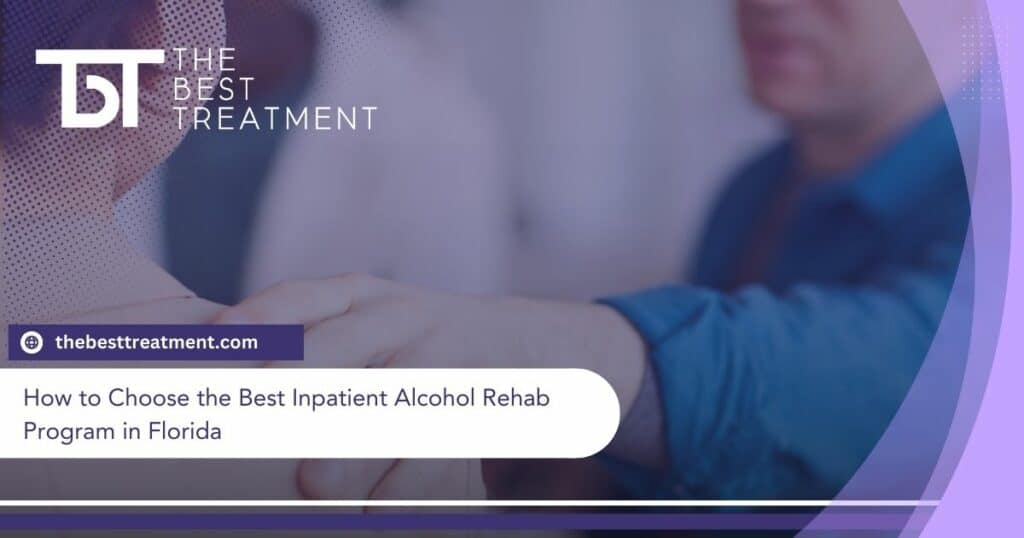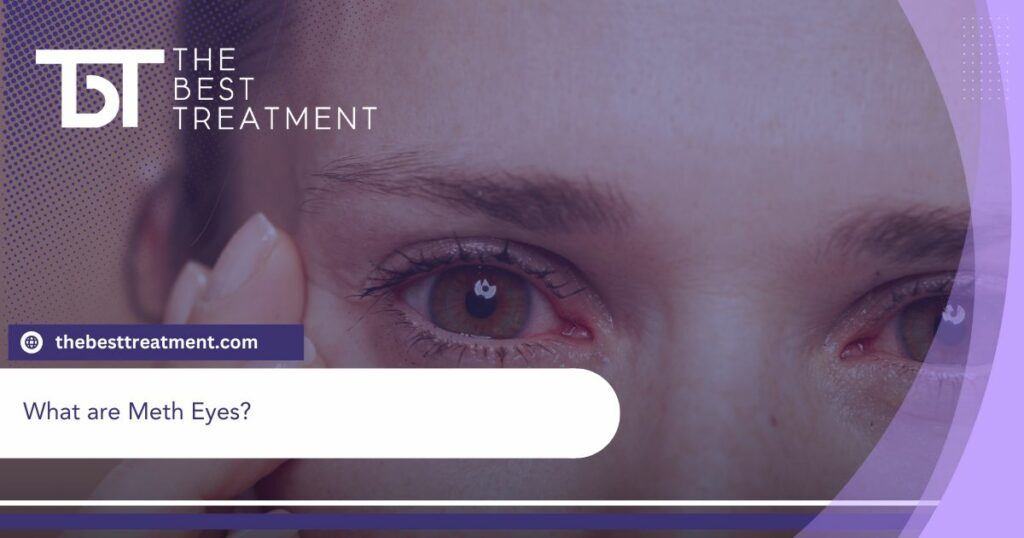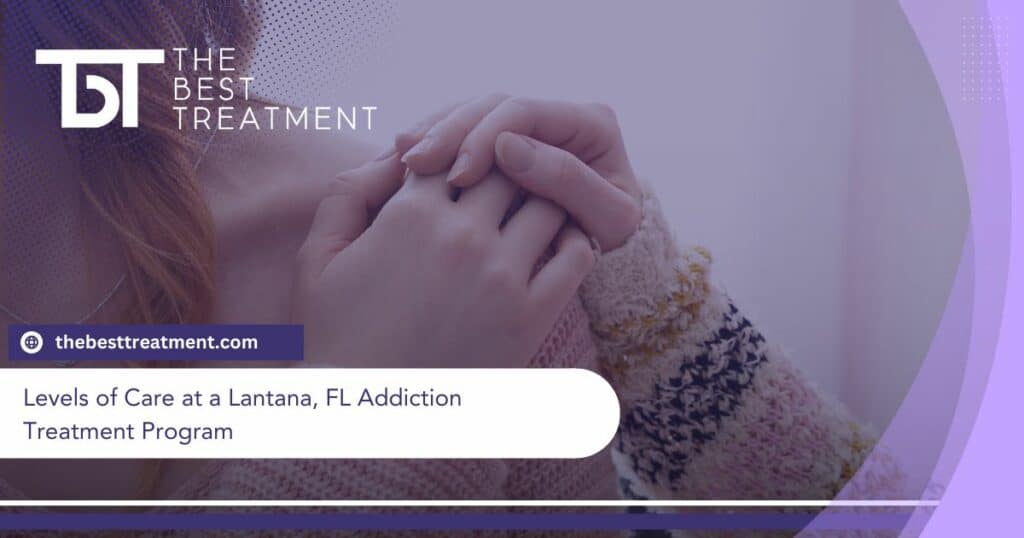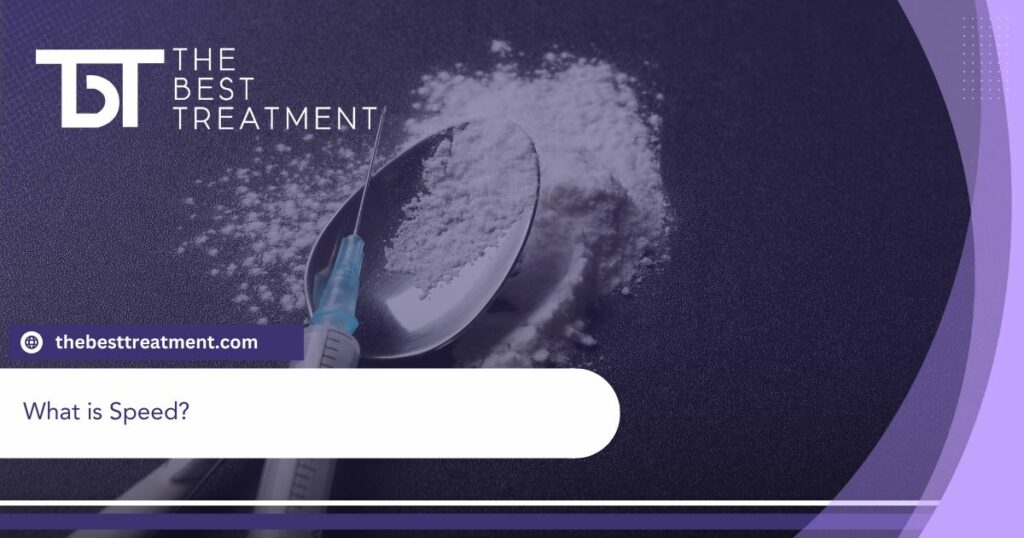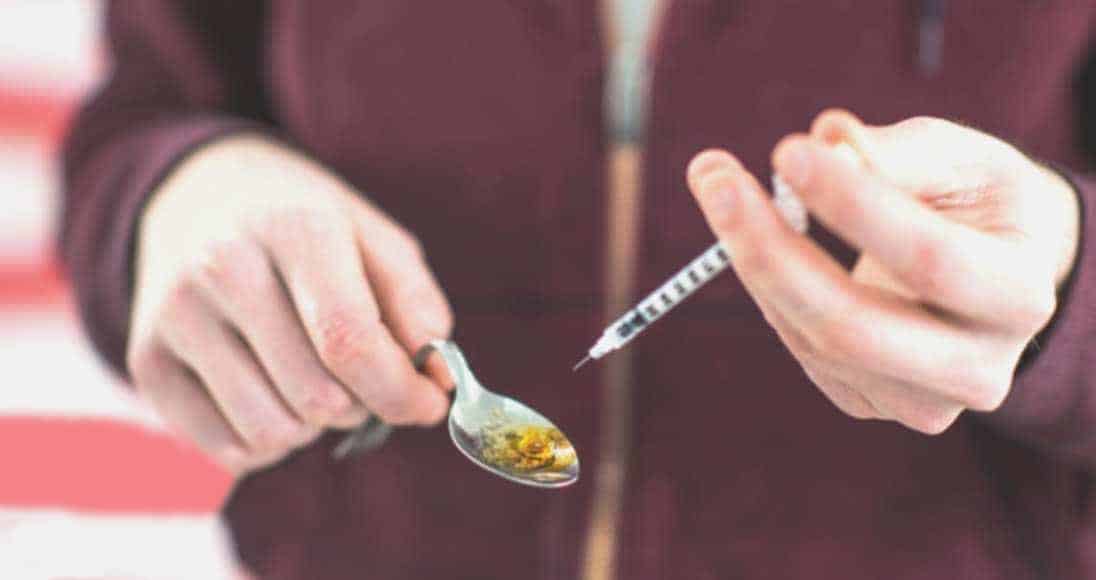Table of Contents
Heroin is an illegal and potent drug belonging to the opioid class. This substance is known for its ability to depress the central nervous system, as well as its devastating effects on users. Unfortunately, heroin is a huge contributor to the opioid epidemic that has been raging across America for the past several years. Heroin is extremely addictive and is typically used intravenously, causing an immediate and intense rush that users begin to crave. But, how long does it take to get addicted to heroin?
To accurately answer this question, we must first understand how addiction works. Addiction is the act of compulsively engaging in the use of a substance, causing physical and psychological components. While it may take some time to become physically dependent on a substance, the user could experience psychological cravings after their first time using heroin. Let’s take a look at what heroin is, how heroin addiction affects users, and exactly how long it takes to become addicted to heroin.
Why is Heroin So Addictive?
Heroin is made from a pain killer referred to as morphine. Users who take heroin will experience intense sensations of elation. Unfortunately, this leaves users craving more heroin to produce that same feeling of intense euphoria and calm, quickly leading to addiction. To explain further, heroin is a semi-synthetic opioid that mimics the effects of opium- a substance derived from the poppy plant.[1] When an individual injects, snorts, or smokes heroin, the opioid receptors in the brain respond by triggering an intense flood of dopamine. Dopamine is the neurotransmitter that is responsible for producing feelings of pleasure and euphoria. As the brain gets accustomed to the intense rush of dopamine from the use of heroin, the user will begin to experience cravings for the substance.
Regular and frequent users of heroin will experience symptoms of withdrawal when they attempt to cut down or quit their heroin use. While heroin withdrawal is typically not fatal, the symptoms may become so agonizing that the users will do anything to avoid it. Symptoms of heroin withdrawal that indicate an addiction include nausea, vomiting, chills, diarrhea, goosebumps, tremors, muscle and bone pain, agitation, anxiety, and overwhelming cravings. These symptoms can begin to appear within 24 hours of an individual’s last dose of heroin. The intense withdrawal symptoms associated with heroin abuse is one reason why people get addicted to the drug – they want to avoid getting sick.
The Dangers of Heroin Abuse
Heroin is a central nervous system depressant, which means that it produces symptoms of sedation. This is why “nodding off” or “going on the nod” is often mentioned to reference the deep drowsiness that heroin produces. At high doses, heroin will begin to slow the heart rate and respiration to dangerous levels, ultimately causing unconsciousness and death. This is known as a heroin overdose.
Heroin abuse causes other serious health problems, including:
- Permanent chemical imbalances in the brain after frequent use
- The deterioration of cognitive skills, like decision-making and memory
- Chronic heart and lung issues
- Constipation
- Frequent illness and infection
- For IV users, exposure to blood-borne diseases, including hepatitis B and C and HIV/AIDS
- Infections or abscesses at the injection site, which may lead to serious infections of the circulatory system
Unfortunately, the widely known risks of heroin abuse haven’t stopped Americans from experimenting with this drug. According to the CDC, heroin overdose deaths increased significantly in 28 states between 2010 and 2012, indicating that heroin abuse is on the rise throughout the country.[2]
How Long Does it Take to Get Addicted to Heroin?
How long it takes to get addicted to heroin depends on a variety of factors. The biggest factors in the development of heroin addiction include the amount used and the frequency of use. Additionally, an individual’s brain and body chemistry will play a part in how long it takes to get addicted to heroin. According to the American Society of Addiction Medicine (ASAM), nearly a fourth of those who use heroin become addicted.[3]
Studies on other opioids also give insight into the length of time it takes to form an addiction to heroin. Heroin is chemically similar to other drugs in the opioid class that is used as prescription painkillers. One study revealed that one in five patients given ten-day opioid prescriptions become long-term users.[4] So, it is clear that as the length of time a patient takes opioids increases, the patient’s risk of becoming addicted does as well.
People can get addicted to heroin fairly quickly. While using heroin one time is unlikely to make you fully addicted, you may crave the rush again and again. Ultimately, people can get addicted to heroin after less than one week of regular use.
How Do I Know If I’m Addicted to Heroin?
Signs that you may be addicted to heroin include:
- Using heroin to cope with negative feelings and emotions
- Thinking about using heroin frequently or constantly
- Performing poorly at work or school because of heroin use
- Withdrawing from family and friends as a result of heroin abuse
- Losing motivation for activities you used to enjoy
- Being manipulative and lying about heroin use
- Experiencing physical symptoms of heroin withdrawal
If you are asking yourself whether you are addicted to heroin, it is likely that you already suffer from heroin addiction. The physical signs of heroin addiction that may be noticeable to others include weight loss, constricted pupils, and needle marks (often referred to as “track marks”).
Because heroin is highly addictive, dependence may quickly develop and take over an individual’s life in a short period. Using heroin (even once) could be the start of a persistent habit, although the user may not become addicted immediately.
Treatment for Heroin Addiction
If you or a loved one are suffering from the effects and consequences of heroin addiction, you must seek professional help. Heroin addiction never ends well without professional intervention, keeping in mind the looming risk of overdose and death. To avoid suffering from the serious, and often fatal, symptoms of heroin addiction, contact The Best Treatment Center today. We can help you recover from opioid addiction and give you a jumpstart into a new life.
References:
Medically Reviewed: September 25, 2019

All of the information on this page has been reviewed and verified by a certified addiction professional.





